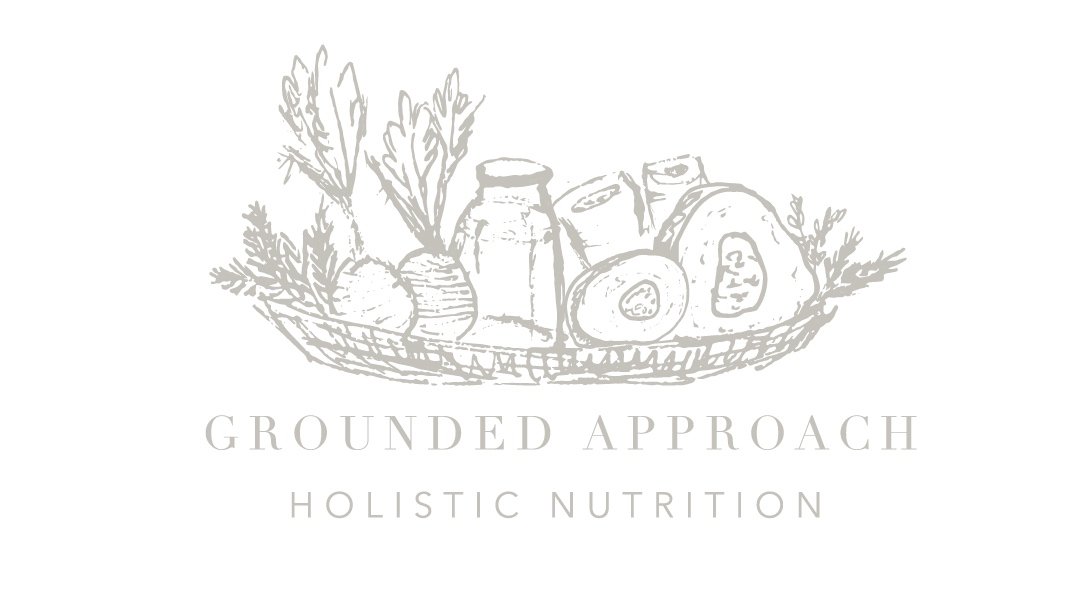Does caffeine have an effect on mental health?
 I know. That is the most dreadful title. No one wants to think about coffee having the potential to be anything but a superhero. Coffee is delicious, energising and even brings a confidence boost. It's no wonder people have Instagram accounts dedicated to coffee (don’t lie, I know you’ve taken a latte art photo before).Unless you've been hiding under a rock for the past decade, you've noticed that our depression rates have skyrocketed. Many sources suggest that antidepressant usage has increased over 400% in the last decade! If you're reading this, there is a good chance that you, a close family member, or a friend are dealing with depression as it is the number one form of mental illness.According to Julia Ross, those who are hooked on caffeine tend to be low in catecholamines. Catecholamines are the brain chemicals that provide energy and alertness. When caffeine surges through our bloodstream, it stimulates the release of the catecholamines, adrenaline (also known as epinephrine) and noradrenaline. Unfortunately, like any other drug, caffeine inhibits our ability to produce neurotransmitters naturally, leading to addiction. So, while coffee helps you in the short term, it’s damaging over time.What qualifies as caffeine addiction? Do you need a coffee or tea to start the day? Do you feel tired or get a headache without it? Those are all signs of serious dependence, and while it may not seem like a big deal it’s good to be aware of.Am I saying that the increase in depression over the last decade is a directly linked to caffeine consumption? Of course not. Certainly the addition of substances such as MSG, hydrogenated oils, our dependence on pharmaceutical drugs and and the sedentary habits that we have conformed to have a bigger impact. However, caffeine does clearly has an effect on the production of feel-good neurotransmitters, energy and circadian rhythm. If you suffer from depression, anxiety or insomnia, cutting out caffeine is a crucial step for healing the body and brain. This post was shared at urbannaturale
I know. That is the most dreadful title. No one wants to think about coffee having the potential to be anything but a superhero. Coffee is delicious, energising and even brings a confidence boost. It's no wonder people have Instagram accounts dedicated to coffee (don’t lie, I know you’ve taken a latte art photo before).Unless you've been hiding under a rock for the past decade, you've noticed that our depression rates have skyrocketed. Many sources suggest that antidepressant usage has increased over 400% in the last decade! If you're reading this, there is a good chance that you, a close family member, or a friend are dealing with depression as it is the number one form of mental illness.According to Julia Ross, those who are hooked on caffeine tend to be low in catecholamines. Catecholamines are the brain chemicals that provide energy and alertness. When caffeine surges through our bloodstream, it stimulates the release of the catecholamines, adrenaline (also known as epinephrine) and noradrenaline. Unfortunately, like any other drug, caffeine inhibits our ability to produce neurotransmitters naturally, leading to addiction. So, while coffee helps you in the short term, it’s damaging over time.What qualifies as caffeine addiction? Do you need a coffee or tea to start the day? Do you feel tired or get a headache without it? Those are all signs of serious dependence, and while it may not seem like a big deal it’s good to be aware of.Am I saying that the increase in depression over the last decade is a directly linked to caffeine consumption? Of course not. Certainly the addition of substances such as MSG, hydrogenated oils, our dependence on pharmaceutical drugs and and the sedentary habits that we have conformed to have a bigger impact. However, caffeine does clearly has an effect on the production of feel-good neurotransmitters, energy and circadian rhythm. If you suffer from depression, anxiety or insomnia, cutting out caffeine is a crucial step for healing the body and brain. This post was shared at urbannaturale
